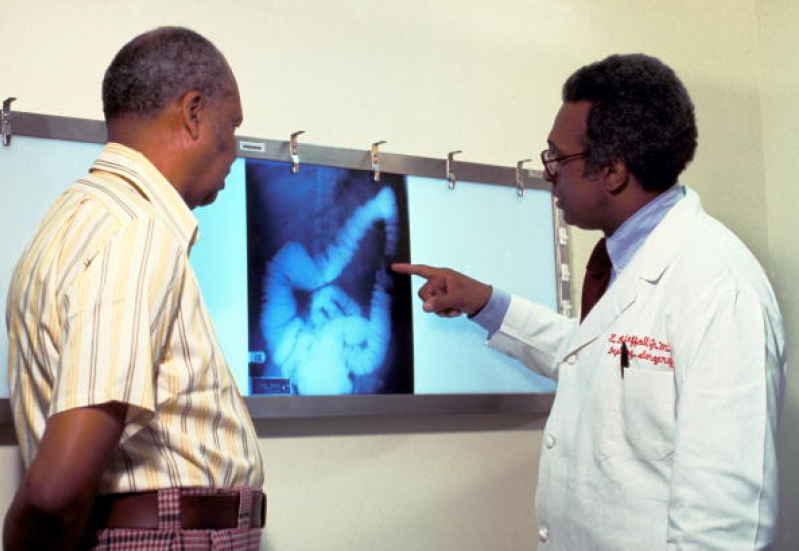
People diagnosed with advanced cancer can follow a way that can help them live longer, and it does not call for traditional methods such as surgery or chemotherapy. It can simply be done by eating right and increasing your time for exercise, doctors noted on Wednesday.
After following the standard guidelines set by the American Cancer Society for healthy living, cancer survivors were found to be 42 percent less likely to die compared to other survivors who did not follow the standards, as found by researchers.
"We found that patients who maintain a healthy body weight, engage in regular physical activity, and eat a diet rich in vegetables and whole grains and low in red meats and processed meats did better and survived longer than those who didn't," Dr. Erin Van Blarigan of the University of California, San Francisco said after leading the study.
According to Van Blarigan, the intensity of the benefits brought on by these healthful activities were overwhelming. "Everyone seems to know that these behaviors are healthy and that people who do these things are going to live longer but I don't think anyone really appreciates how much better they might actually do,” he added.
As reported by NBC, the research will be featured at a meeting of the American Society of Clinical Oncology that begins in June in Chicago. Although the researchers’ study focused on colon cancer patients, they believe their findings can be applied to other types of cancer survivors. As Van Blarigan noted, the guidelines for healthy living may sound simple but it will be challenging for cancer patients.
In their study, approximately 10 percent of the patients were able to follow the guidelines. Therefore, there is a need for increased support and availability of resources to aid patients in establishing and maintaining healthy lifestyles after being diagnosed with cancer.
Van Blarigan and colleagues focused on 992 patients diagnosed with stage 3 cancer beginning two months after they went through surgery. The researchers asked the patients about their weight, diet, and exercise, and then followed them for seven years. During this period, colon cancer recurred in 335 of the patients and 256 of them died.
The healthy behaviors emphasized in the study included the consumption of at least 2 ½ cups of vegetables and fruits on a daily basis, consumption of whole grains as the replacement for rice and white flour, 30-minute to 60-minute exercises per day, moderate consumption of alcohol, and retention of a healthy body weight. It was clear that the more a patient follows the guidelines, the fewer possibilities they were to experience recurring cancer. They also had a higher probability of survival.
Looking into these healthful behaviors, the researchers believe that the body has a better response to insulin. The consumption of healthy food and increasing time for exercise may also contribute to the reduction of overall inflammation in the body, which has been associated with cancer risk.
"There are more than one million colorectal cancer survivors in the United States," Van Blarigan explained. "These individuals are living longer than ever before, but the disease remains the second leading cause of cancer death in the U.S."






